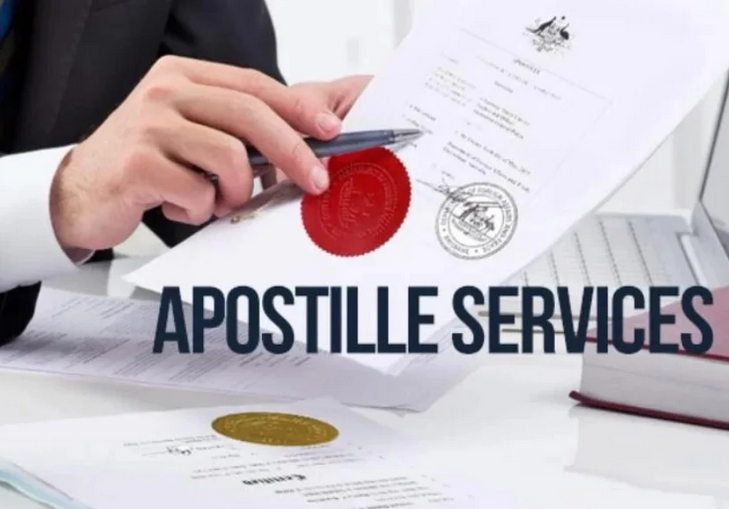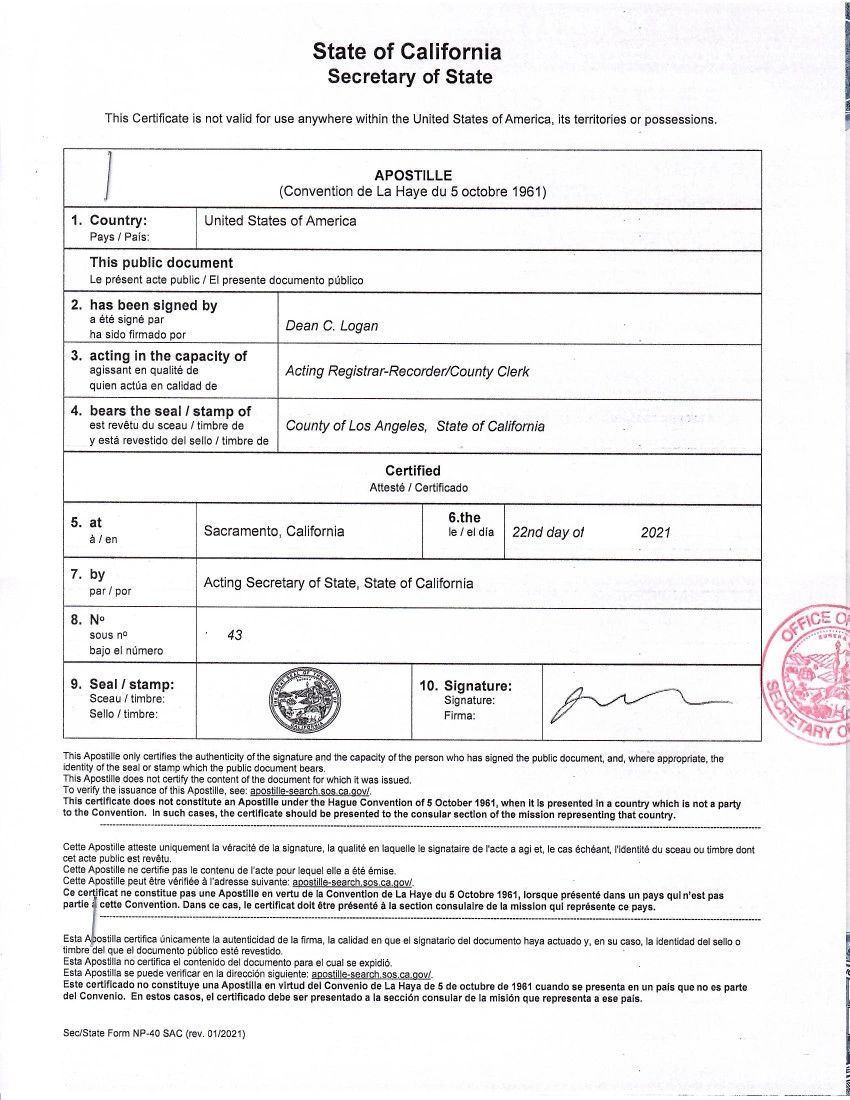Understanding the Apostille Refine: A Comprehensive Guide to International Paper Authentication
Navigating the elaborate landscape of international document verification can be discouraging without a clear understanding of the apostille process. What precisely specifies an apostille, and why is it so vital for records destined for Hague Convention countries?
What Is an Apostille?
An apostille is an official qualification that confirms the credibility of a document for usage in another nation. This qualification, released by an assigned authority in the country where the file originated, ensures that the record is identified as legitimate and genuine in the international sector. The procedure of acquiring an apostille involves numerous steps, including the confirmation of the paper's signatures, seals, and stamps by appropriate governmental bodies.
The apostille acts as a globally recognized kind of verification, enabled by the Hague Convention of 1961. This treaty, formally called the Hague Convention Abolishing the Need of Legalisation for Foreign Public Files, systematizes the process of document qualification among participant countries. The apostille itself is a standard certificate that contains certain information, such as the releasing authority, the native land, and the date of issuance.
It is essential to keep in mind that not all documents are qualified for an apostille. Generally, public records like copyright, marriage licenses, court orders, and instructional diplomas get this qualification. Private papers, such as contracts and arrangements, might require registration and extra steps to qualify.
Value of Apostille
Recognizing what an apostille is sets the phase for valuing its significance in global transactions. houston tx apostille. An apostille, basically a form of accreditation released by an assigned authority, confirms the authenticity of a file for usage in foreign countries that are notaries to the Hague Apostille Convention. This standard process gets rid of the requirement for more legalization by embassies or consular offices, therefore improving worldwide purchases
The importance of an apostille can not be overstated. It makes sure the reliability and acceptance of necessary documents-- such as copyright, marriage licenses, and academic diplomas-- across borders. For services, it promotes the smooth conduct of global profession, mergers, and acquisitions by offering a trusted technique of file verification. This decreases bureaucratic obstacles, saving both time and resources.
Moreover, an apostille enhances lawful protection and conformity. Governments and institutions can confidently depend on the credibility of files bearing an apostille, mitigating the threat of scams and misrepresentation. Thus, the apostille works as an essential device in promoting international click here now teamwork and count on. Its function in fostering effective and protected international purchases underscores its indispensable worth in today's interconnected world.
Records That Require Apostille
When taking part in global deals or lawful issues, particular papers often require the verification provided by an apostille. This ensures their acknowledgment and approval in countries that are notaries to the Hague Apostille Convention. Generally, personal files such as copyright, marital relationship certifications, and death certificates need an apostille, particularly when they are made use of for processes like immigration, marriage abroad, or worldwide probate issues.
Educational records are an additional category frequently needing apostilles. Diplomas, transcripts, and scholastic documents usually require learn the facts here now this authentication for purposes such as pursuing additional education, employment, or expert licensing in an international country (houston tx apostille). This step ensures that the papers are identified as reputable and legitimate
Lawful records, consisting of powers of lawyer, testimonies, and court orders, likewise frequently require apostilles. Service papers such as certifications of consolidation, bylaws, and industrial contracts may require an apostille to facilitate international profession, develop international branches, or participate in cross-border legal proceedings.
Actions to Get an Apostille

Obtaining an apostille includes a multi-step process that makes sure the credibility and acceptance of your records in foreign countries. The initial step is recognizing which records need why not try here an apostille. houston tx apostille. Usual files consist of copyright, marital relationship licenses, scholastic transcripts, and company files
As soon as determined, the record should be certified by the appropriate providing authority. This might include notarization by a notary public or verification by a local or state authorities, relying on the sort of file. After accreditation, the file needs to be sent to the designated Competent Authority in the paper's native land. In the USA, for instance, this is normally the Secretary of State's office for every state.
The submission process normally needs a completed application, the original document, and a fee. Some jurisdictions may use the choice of expedited handling for an additional fee. Upon successful confirmation, the Competent Authority will certainly fasten the apostille certificate to the document, thus validating its credibility.
Common Challenges and Solutions
Navigating the apostille procedure can offer numerous usual challenges that, if not properly dealt with, may delay or complicate file authentication. Each country has particular demands for the kinds of papers that can be apostilled, and any kind of variance from these can result in denial.
An additional usual obstacle is recognizing the diverse handling times. Processing times can differ considerably between countries and even in between various areas within the exact same nation. It is vital to account for these variations when planning the apostille procedure to avoid unexpected hold-ups.
Furthermore, language barriers can pose significant challenges. Records in an international language commonly require certified translations, and any errors in translation can cause more problems. Involving a professional translation service can reduce this danger.

Final Thought
Mastering the apostille process dramatically boosts the efficiency of international document verification. By comprehending the necessity of recognizing and licensing needed papers, and navigating the entry to the Competent Authority, the process becomes extra workable. Recognition of typical difficulties, such as insufficient entries and language obstacles, additionally aids in avoiding prospective hold-ups. Making sure files are properly apostilled promotes their acceptance in Hague Convention signatory nations, consequently sustaining seamless international legal and administrative procedures.